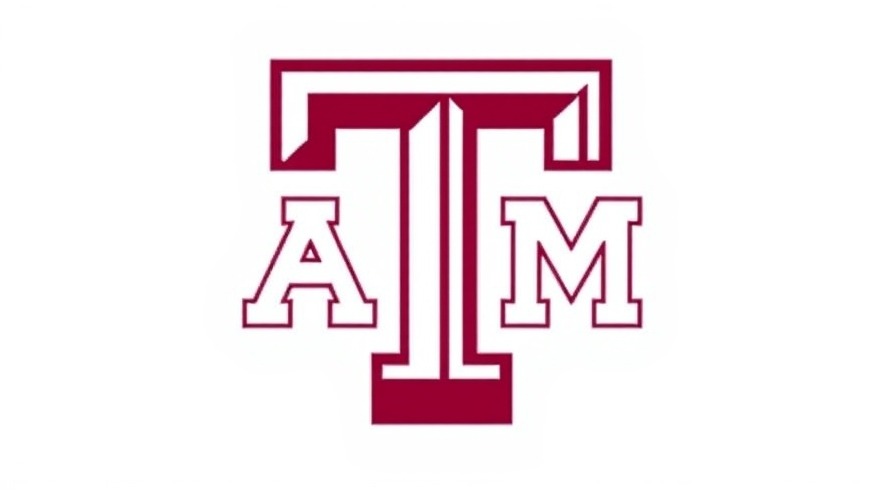
A New Direction in Accreditation: Texas A&M Leads the Charge
In a move that is shaking up the higher education landscape, Texas A&M University, along with university systems from five other Republican-led states, has announced the formation of a new accrediting agency called the Commission for Public Higher Education. This initiative arises amid heightened criticisms from Republican leaders who contend that existing accrediting bodies are fostering a bias in favor of liberal ideologies among American college campuses.
The Rationale Behind the New Agency
Republican officials, including former President Donald Trump, have vocally challenged the status quo, accusing current institutions of promoting diversity and inclusion programs that reflect liberal viewpoints, which they argue negatively impact students. Texas A&M’s media relations director, Jim Suydam, notes that this accreditation shift aligns with calls from state officials for a more transparent and equitable process. “Our leadership is eager to offer a more objective option for accreditation,” he stated recently.
Background: Accreditation’s Role in Higher Education
Accreditation is crucial for universities, as it ensures they meet certain educational standards and qualifies their students for federal financial aid. With Texas law mandating public universities to be accredited by federally recognized agencies, any new accrediting body must navigate a complex landscape that involves gaining federal recognition, a process that could take up to two years.
The Political and Educational Implications
The creation of the Commission for Public Higher Education illustrates a growing trend among red states to assert more control over educational standards. Critics argue that the move could lead to even further polarization in educational policies, while proponents assert that it offers an essential counterbalance to perceived liberal dominance in educational contexts.
Counterarguments and Diverging Perspectives
Not everyone agrees with this new direction. Educational experts warn that dismantling established accreditation processes might lower educational quality and limit students' opportunities. Supporters of traditional accreditation bodies assert they ensure a diverse academic environment where various perspectives can coexist—essential for fostering critical thinking among students.
Future Predictions: What Lies Ahead?
As the Commission for Public Higher Education begins its journey, many will be watching closely. Should they succeed in gaining federal recognition, other states may follow suit, potentially leading to a significant reshaping of local educational landscapes across the country. The implications of such a shift could resonate beyond accreditation, influencing funding models, curricular offerings, and overall student experiences.
Actionable Insights for Students and Educators
For students and educators alike, understanding the dynamics involved in the accreditation debate is vital. As changes unfold, staying informed about how accreditation impacts financial aid and educational quality can guide better decision-making, especially for upcoming college students navigating their options in higher education.
A Call to Stay Informed
As Texas A&M and allied university systems embark on this new chapter in higher education, it’s crucial for stakeholders—students, parents, and educators—to remain informed. The landscape of accreditation is changing, and understanding these shifts will empower individuals to better adapt to the evolving educational environment.
 Add Element
Add Element  Add Row
Add Row 



 Add Row
Add Row  Add
Add 


Write A Comment